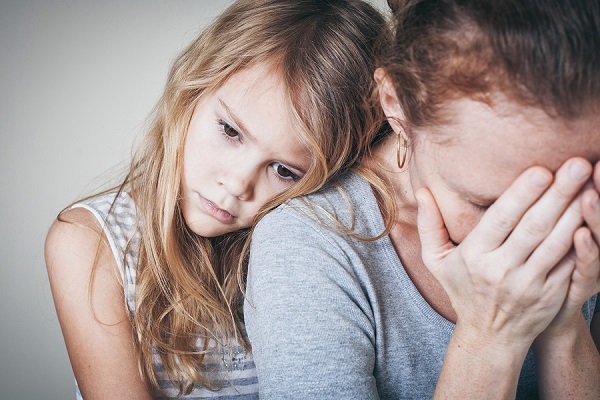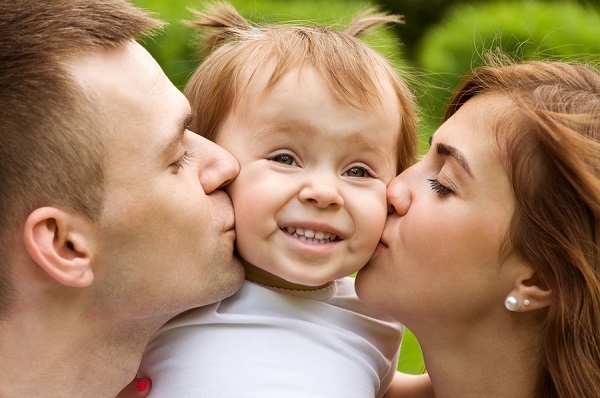It is easy to recognize the harmful effects of substance abuse on the addict, but addicts are not the only ones affected by substance abuse. Often, addicts become abusive towards their loved ones. Philosophical debates abound regarding whether substance abuse actually begets domestic violence or whether it merely amplifies a previously existing condition, personality, or characteristic.
Regardless, there is a link between substance abuse and domestic violence that needs to be recognized and understood. Domestic violence and drug abuse statistics reveal that the two are a volatile mix.
Startling Statistics on Substance Abuse and Domestic Violence
The New York State Office for the Prevention of Domestic Violence published these startling domestic violence and drug abuse statistics that clearly establish a link between substance abuse and domestic violence:

- Intimate partner violence against female partners was 2-4 times higher among men with alcohol problems than among other men.1
- Substance use preceded 47 percent of domestic assaults, but only 31 percent of non-domestic assaults.2
- 92 percent of men who assaulted their female partner had used substances on the day of the assault; 67 percent of those had used both cocaine and alcohol.3
- 30 to 40 percent of men who assaulted their partners were drinking at the time of the assault.4
- Among men arrested for domestic violence, those who abused substances were more likely to later be incarcerated, and their partners were more likely to request an order of protection.5
Statistics released by the National Resource Center on Domestic Violence indicate that “as many as 50 percent of all men who are in domestic abuse counseling are also identified as substance abusers.”
Startling CDC Statistics
Studies by the Centers for Disease Control highlight the connection between substance abuse and domestic violence:
- Between 25 and 50 percent of men who commit domestic violence also have problems with substance misuse.6
- More than 30 percent of men drank at the time they committed a domestic assault, and 90 percent abused substances on the same day, with alcohol and cocaine abuse most common.7
- In situations where men try to kill their partner, alcohol is involved in more than two-thirds of cases, and a quarter of those who committed murder had taken both alcohol and drugs.7
- Perpetrators of domestic abuse are more likely to be imprisoned and their partner to request a protection order if they also abuse substances.7
- 42 percent of victims used alcohol or drugs the day they were assaulted, and among those fatally attacked, a toxicology screen found that around one-third had alcohol in their system and around one-quarter had used drugs, such as Vicodin<.8
- Victims of spousal abuse who go to the hospital with their injuries are more likely to test positive for intoxication than other admissions.8
- Around 75 percent of victims in an abusive relationship who misuse alcohol or drugs are with a partner who also abuses substances.8
- Women who abuse cocaine and heroin are more likely to experience abuse in a current relationship, though abuse of marijuana and other illicit drugs is associated with violence in a new relationship.9
The Ugly Truth
Although the relationship between substance abuse and domestic violence may not yet be fully understood, the ugly truth is that it exists far more than the average person may imagine. The sad reality of the link between substance abuse and domestic violence cannot be ignored.

The Beautiful Truth
While these statistics are both horrifying and tragic, you do not have to be a statistic. There is hope. You can change the current reality of substance abuse and its violent aftermath. When you truly see the reality in your own relationships or in the homes of those whom you love, you can find the courage and strength to admit the existence of a crisis situation that requires intervention and rehabilitation.

We’re Here to Help
If you would like more information, or if you need assistance to stop the cycle of addiction and abuse, please contact us. We can provide a safe haven, and we are here to help you discover a brighter, safer future.
_______________________________
1. Caetano, R., Schafer, J., & Cunradi, C. (2001). Alcohol-related intimate partner violence among white, black, and Hispanic couples in the United States, Alcohol Research, and Health, 25 (1). NOTE: In reports of research results, all percentages are rounded to the nearest whole percent.
2. Rand, M.R., Sabol, W.J., Sinclair, M., & Snyder, H.N. (2010). Alcohol and Crime: Data from 2002 to 2008, Bureau of Justice Statistics, citing data from the National Incident-Based Reporting System
3. Brookoff, D. (1997). Drugs, Alcohol, and Domestic Violence in Memphis, NIJ Research Preview, National Institute of Justice
4. Caetano et al (2001).
5. Wilson, D. & Klein, A. (2006). Longitudinal Study of a Cohort of Batterers Arraigned in a Massachusetts District Court 1995 to 2004, National Institute of Justice, p 31.
6. Substance abuse treatment and domestic violence,” SAMHSA, accessed November 24, 2014
7. Understanding domestic abusers,” Office for the Prevention of Domestic Violence, accessed November 24, 2014
8. Practical implications of current domestic violence research: victim characteristics,” National Institute of Justice, accessed November 24. 2014
9. Interpersonal violence and illicit drugs,” Centre for Public Health, accessed November 24, 2014
10. Catalano, Shannan. 2007. Intimate Partner Violence in the United States. U.S. Department of Justice, Bureau of Justice Statistics. https://bjs.ojp.usdoj.gov/content/pub/pdf/ipvus.pd
11. Whitfield, CL, Anda RF, Dube SR, Felittle VJ. 2003. Violent Childhood Experiences and the Risk of Intimate Partner Violence in Adults: Assessment in a Large Health Maintenance Organization. Journal of Interpersonal Violence. 18(2): 166-185.







